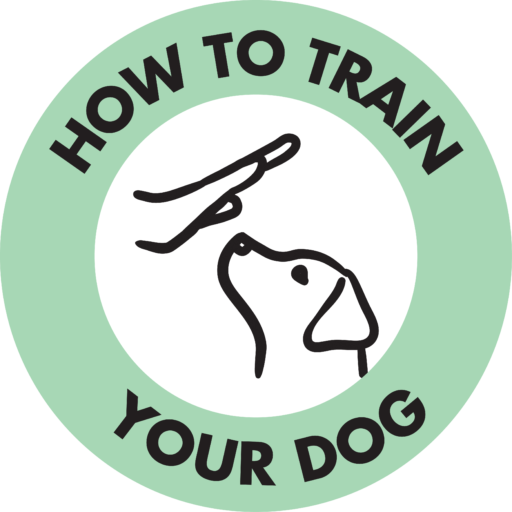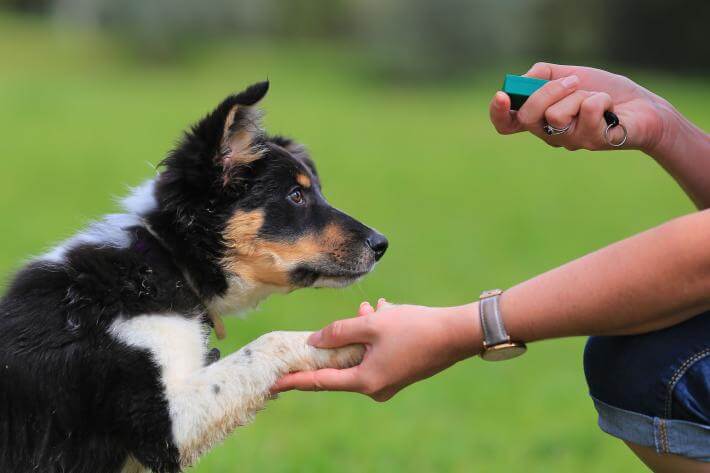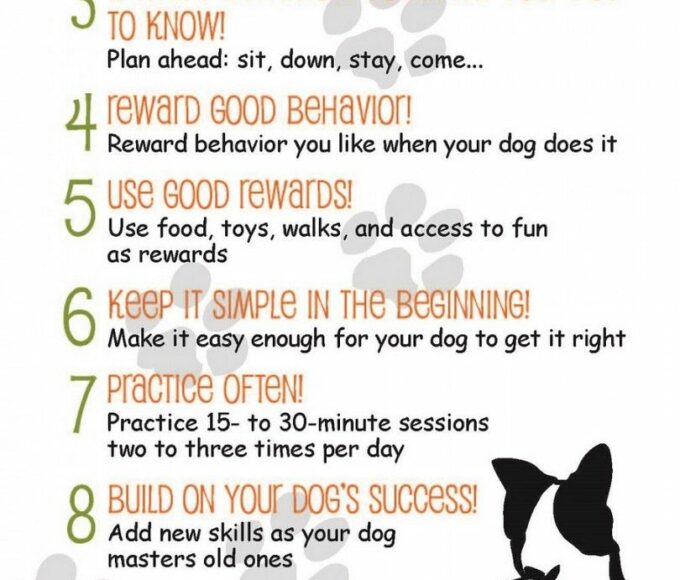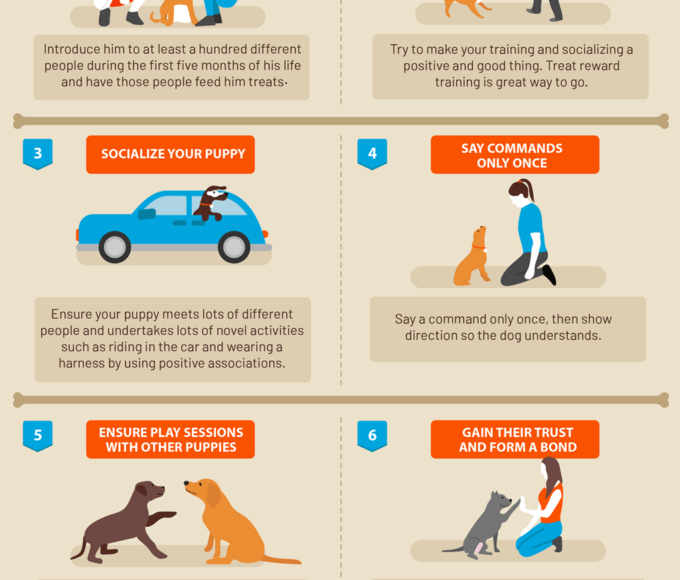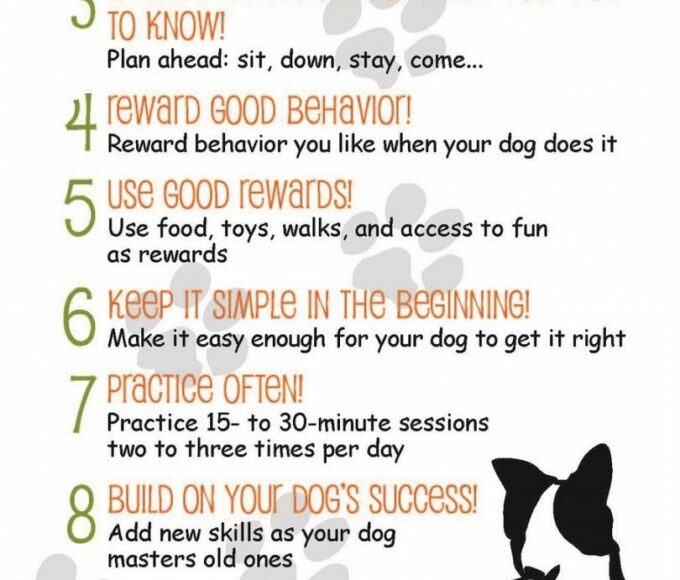Raising Your Puppy Right
Introducing a new puppy into your family unit is an exciting time. Full of energy (not to mention, cute as heck!), these little fur babies quickly become part of the family.
Yet, the art of raising a puppy often comes down to consistency and knowledge. So, what should you know? What should you be aware of before picking up your new furry friend? In this article, we’re going to break down basic puppy training.
10 Must Try Basic Puppy Training Tips
The first few months and years of your dog’s life set the stage for their health, happiness, and even personality traits in the years to come. If you’ve never owned a dog before, the whole puppy realm might be entirely new to you. And that’s okay! We’ve got you covered. Here’s what you should know.
1. Grab Some Basic Supplies BEFORE Bringing Your Furry Friend Home
Ideally, you’ll want to grab a collar, leash, and dish bowls, along with puppy food. Alternatively, you could also stop on the way home from picking up your new puppy and grab these at a local pet store.
You may also want to consider puppy-proofing your home before bringing your little friend home. This might involve getting a small pen for the puppy to roam around in or investing in a few gates to block stairs or hallways.
2. Be Aware of Puppy Nutritional Needs & Meals
Your puppy is, inevitably, going to grow. Whether that means putting on a few pounds or quadrupling (or more) in size, food and nutrients are important for the proper growth and development of your new friend.
Most importantly, puppies require carbohydrates, protein, fats, and calcium, According to WebMD, purchasing puppy food with the labels “complete and balanced nutrition” and “meets the nutritional requirements of the AAFCO” usually indicates that they are suitable for most puppies’ needs.
For puppies two to three months of age, they eat about four meals a day. For puppies three to six months of age, they eat about three meals a day. Over six months of age, many puppies and dogs do well with two meals a day. This may depend on the breed and size of your dog, which means it’s always a good idea to research your particular dog type (and potentially even ask these questions to the breeder or vet).
2. Know That Different Breeds Require Different Amounts of Exercise
Many puppies have similar exercise needs. However, as they grow, different breeds require different amounts of exercise. For example, bigger breeds might require up to two hours of exercise. Meanwhile, smaller dogs might be alright with 30 minutes a day.
Again, this is why it’s so important to research your dog’s breed and ensure you’re meeting their needs and that they are getting the care they need and deserve.
Most puppies can manage between 10-20 minute walks, depending on their age and size, each day. As they grow, they may require double this. The best way to determine the amount of exercise your puppy needs is starting with shorter walks and gradually build, while seeing how your puppy is feeling after and during (in the worst case, if your puppy gets tired, they are likely light enough to carry home!).
3. Sleep Close to Your Puppy
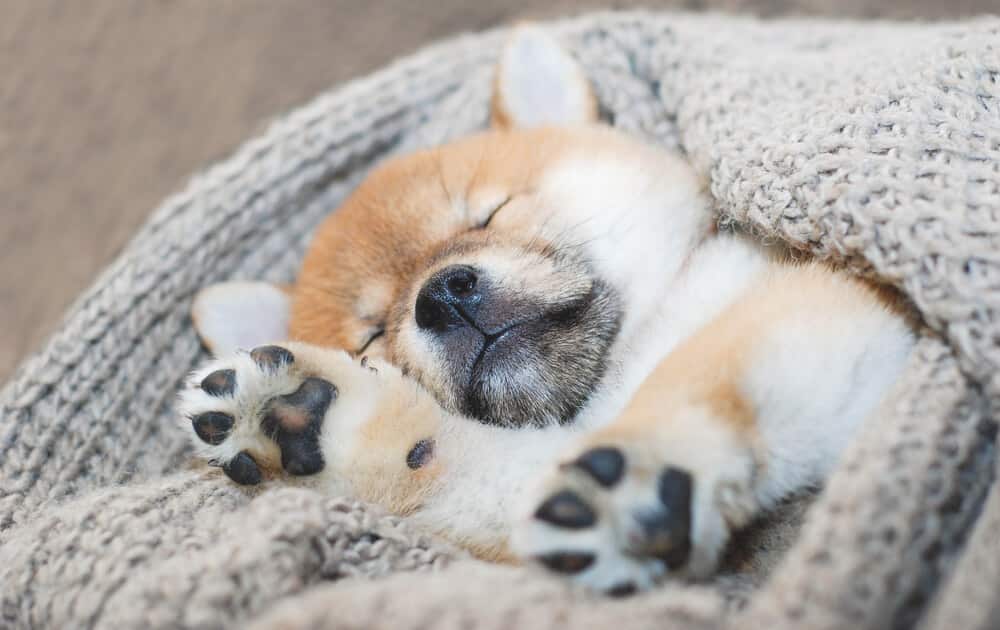
No, this doesn’t necessarily mean bringing your little friend onto your bed right away, especially if they aren’t trained to go the bathroom outside. Yet, even if you have your puppy in a crate, it’s a good idea to have them either on your bed or near you and close enough so they can see you.
This is especially important for dogs that are prone to separation anxiety, such as a cockapoo, who love to be near their owner. It can foster that initial bond, as well as help your little doggy feel safe and secure.
Forewarning though: Your first night or two might be filled with barking or whining. However, if you’ve exercised your pup properly, they might be so tuckered out that they fall asleep all on their own! Additionally, keeping them close can lessen this need to bark or whine.
4. Begin House Training Right Away
Most puppies will need to go out every two to three hours. Many puppies will also need to go out after a meal or a large amount of water. Be aware of this and start the training for going outside to pee or poop right away. Most dogs catch on pretty quickly, particularly if you set the stage with a routine (such as taking them out first thing in the morning and before bed).
Additionally, you’ll likely want to sign up for a puppy school where you can learn loads of tricks and easy ways to train your fur baby!
5. Socialize Your Puppy (But Don’t Overwhelm Them)
Everything is new to your little friend! It can be really scary at times. However, you also want to help them ease into new situations and people, without fear. Make sure the whole family spends time bonding with the puppy, as well as slowly begin to introduce new people. Be cautious with this though, since large groups can lead to serious overwhelm for your furry friend.
6. Avoid Leaving Your Puppy in Their Crate for More Than a Few Hours at a Time
When you first get a puppy, you’ll need to have time to take care of it. This usually means being home every few hours to let your furry friend out to use the bathroom and move. At the same time, there are alternatives to the crate.
Many dog owners opt for pens or gating off certain areas of the house so the puppy has room to play and move while their owner isn’t home.
7. Practice Bite Inhibition
Puppies bite! And sometimes, they do this a lot. They bite when they play or just because they are curious. Usually, it isn’t aggressive. And sometimes, it can hurt! While it’s okay for your puppy to use his or her mouth when they play, you’ll definitely want to let them know when they bite too hard.
A simple and high-pitch “ow” should do the trick. This indicates to your furry friend that they bit too hard and caused harm, which deters them from doing it in the future. Inevitably, this may take more than a few times for your puppy to catch onto. This helps prevent you from harm, as well as teaches your dog that biting hard isn’t okay.
8. Book That First Grooming Appointment Before 16-Weeks
Usually, after the second round of shots (or around 12 weeks), your puppy is likely ready for its first grooming session! You may want to delay this if they haven’t fully adjusted to your home and family since more newness might create overwhelm.
However, usually, by 16 weeks, your puppy should have their first grooming appointment to ensure they stay clean (and ensure they can easily see without fur falling into their eyes!).
9. Don’t Forget About Baths!
Puppies are bound to get a bit dirty, either from digging or rolling around. As soon as this happens, it’s time for a bath. Invest in gentle puppy shampoo and make sure you’re loaded with tons of treats. Gently wet their fur, then use the shampoo, staying away from the face and eyes.
Rinse thoroughly, and wrap them in a towel afterward so they don’t get too chilled (your puppy will also likely welcome cuddles. Alternatively, they can also get ultra-hyper after a bath so they may want to run around and play.).
10. Create a Routine
Getting down a dog daily routine, dog morning routine, and puppy nighttime routine is essential to alleviate any frustrations for you and your new furry friend. Having set bedtimes and wake-up times, as well as walk times, can reduce behavioral problems.
Routine also helps your dog, again, feel safe and secure. Having regular meal times, play times, walk times, and more helps them trust you, which creates a bond like no other!
Photos by:
etreeg on Shutterstock
Sarune Kairyte on Shutterstock
